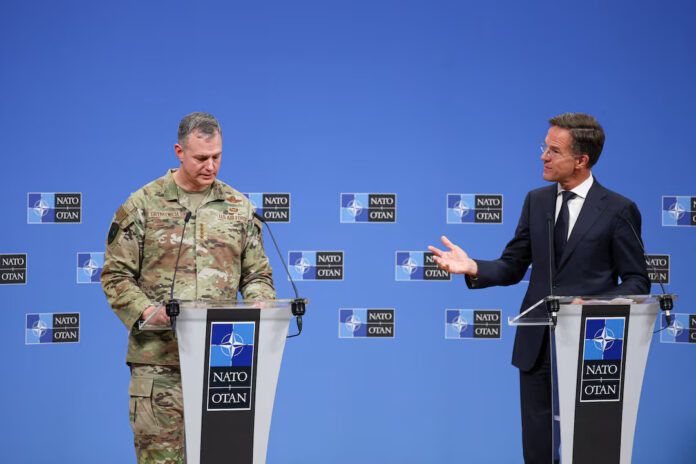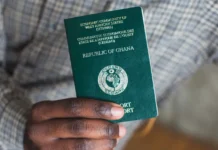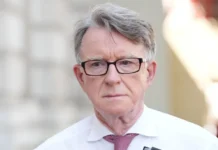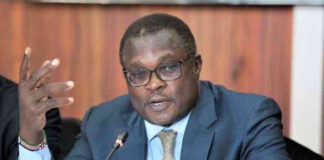
NATO announced new measures to strengthen its eastern defences on Friday, just two days after Poland shot down Russian drones that violated its airspace, the first such action by a member of the alliance since Moscow launched its full-scale war on Ukraine in 2022.
NATO Secretary General Mark Rutte condemned the incursion as “reckless and unacceptable,” declaring that Russian drones “cannot be allowed to enter allied airspace.” The new mission, dubbed Operation Eastern Sentry, will see fresh deployments of allied air and naval assets along NATO’s eastern flank, stretching from the Baltic states to the Black Sea.
The decision followed a tense week in which Poland rejected U.S. President Donald Trump’s suggestion that the airspace violations could have been accidental. Warsaw insisted the incursions were deliberate tests of NATO’s resolve.
Poland’s foreign minister urged Washington to demonstrate solidarity, while the U.S. joined Western allies in formally accusing Moscow of violating international law and the U.N. Charter.
NATO officials said the operation will include Danish F-16s and a frigate, French Rafale jets, German Eurofighters, and additional Spanish and British air assets. Supreme Allied Commander Europe, U.S. General Alexus Grynkewich, said the mission would integrate air and ground bases and assured Poles that “our rapid response earlier this week and our significant announcement today should give confidence to citizens across the alliance.”
Russia has denied responsibility, with U.N. envoy Vassily Nebenzia claiming the drones’ range made it “physically impossible” for them to reach Poland. Moscow said its forces were targeting Ukraine at the time. The Kremlin on Friday also launched joint military drills with Belarus in the Baltic and Barents seas, dismissing Western concerns as “emotional overload.”
The drone incident has rattled Europe and raised questions about NATO’s capacity to withstand large-scale drone warfare, a defining feature of Russia’s campaign against Ukraine. Germany extended its air policing over Poland and, along with France, summoned Russian ambassadors over the violation.
In Washington, Trump told Fox News that his patience with President Vladimir Putin was “running out fast” but stopped short of threatening new sanctions. European leaders, unsettled by Trump’s public leniency toward Moscow, warned that the incursion showed Russia has no interest in peace.
Meanwhile, Ukraine pressed for stronger security guarantees. President Volodymyr Zelenskyy said talks with U.S. envoy Keith Kellogg and European security advisers had advanced, noting that “foreign troops on the ground would signal real political support for Kyiv.”
For Poland and its allies, the episode marked a sobering test of NATO’s credibility. “This is about defending every inch of NATO territory,” a U.S. official told the U.N. Security Council. “Anything less risks emboldening Russia further.”
Source: Reuters
Written By Rodney Mbua


















